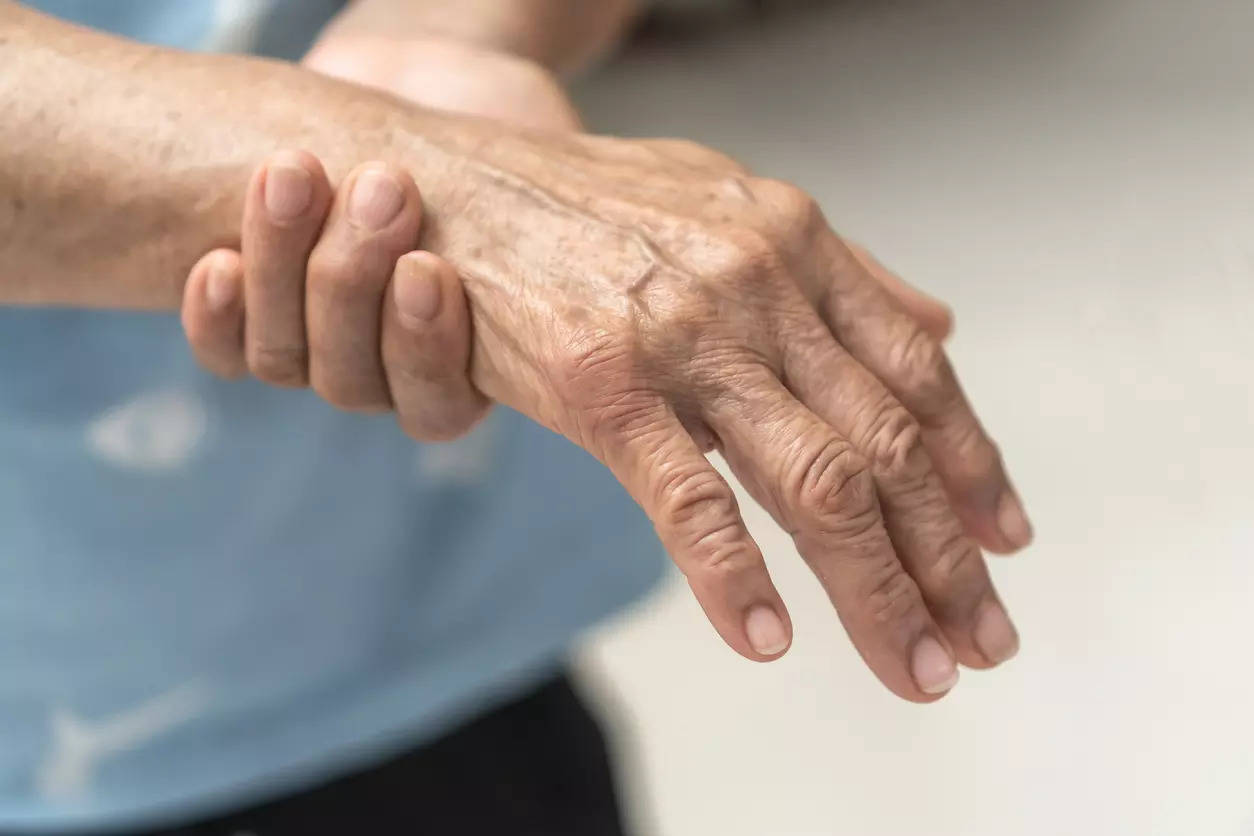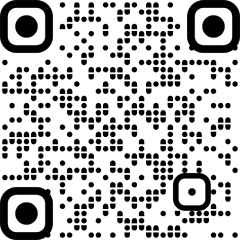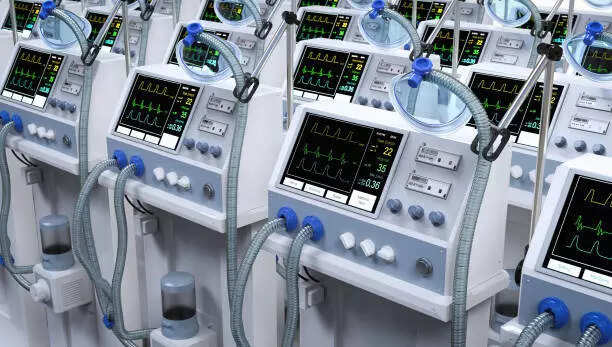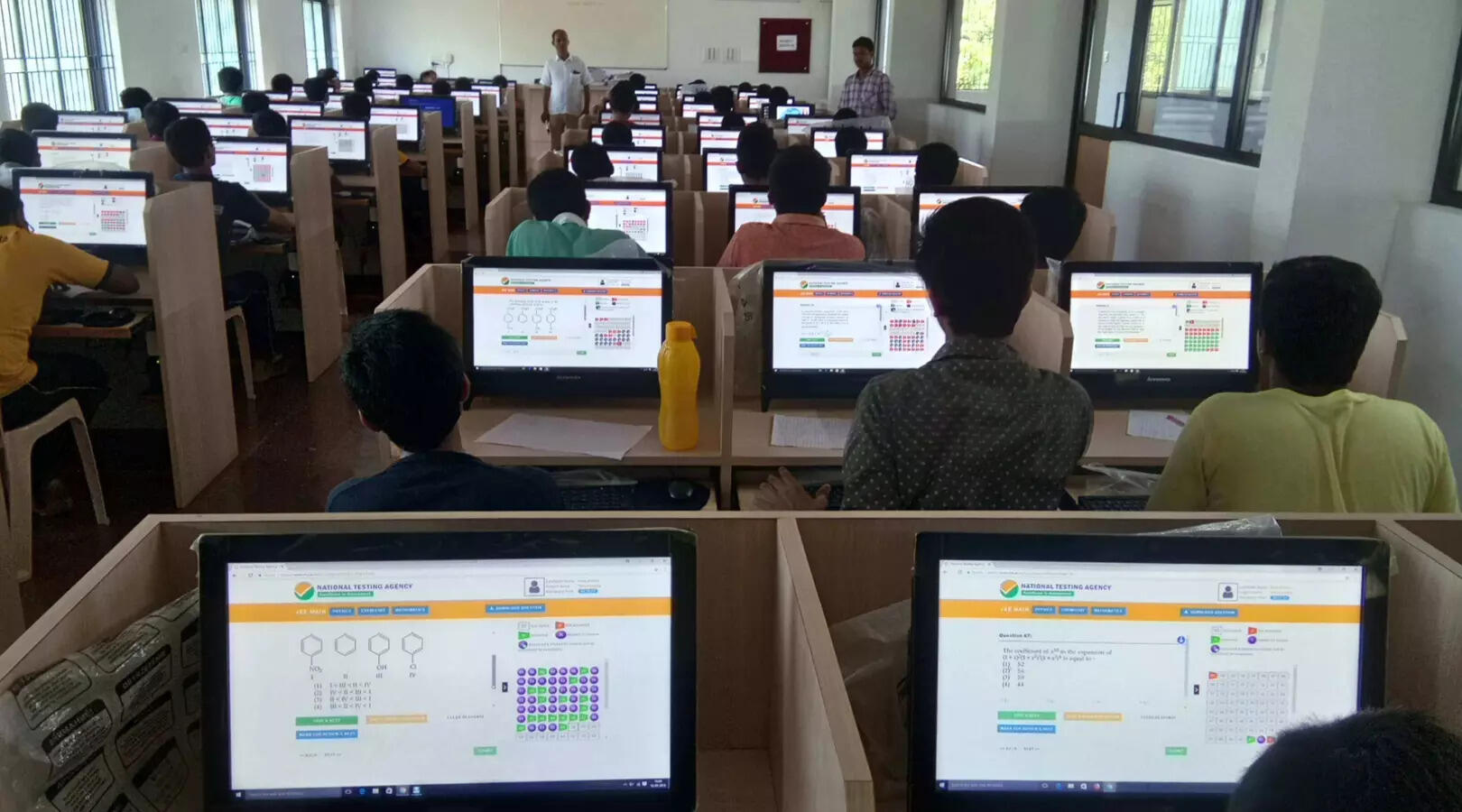
Pune: As many as 22 suspected cases of Guillain-Barre syndrome (GBS), an immunological nerve disorder, have been detected in Pune, prompting the civic authorities to conduct a detailed survey of patients, an official said on Tuesday. The Pune Municipal Corporation‘s (PMC) health department has sent samples from the affected patients to ICMR-NIV for testing, the official said.
Civic officials have said that most of these cases were detected in the Sinhgad Road area of the city.
According to doctors, Guillain-Barre syndrome is a rare condition that causes sudden numbness and muscle weakness, with symptoms like severe weakness in the limbs.
Dr Nina Borade, chief of the civic health department, said 22 suspected cases of GBS were reported at three to four hospitals in the city.
“Reports of suspected Guillain-Barre syndrome cases have surfaced in the last two days. We have initiated a detailed probe and constituted an expert panel. We have also sent samples of these suspected cases to ICMR-NIV for further investigation,” she said.
Dr Borade explained that bacterial and viral infections generally lead to GBS, as they weaken patients’ immunity.
“It is prevalent in both pediatric and young age groups. However, GBS will not lead to an epidemic or pandemic,” she said, adding that with treatment, most people recover fully from the condition.
“We have constituted a committee of experts, including scientists from NIV and epidemiologists. A detailed surveillance of the patients will be conducted. There is no need for panic as of now,” she said.
Most suspected patients are in the age group of 12 to 30 years, with only one case involving a 59-year-old patient who is currently undergoing treatment.
Dr Borade said, “GBS doesn’t require separate treatment. Supportive care such as antibiotics, IV fluids, and treatments for paralysis are generally sufficient. The disease is self-limiting and recoverable. The PMC has the expertise and medical preparedness to manage these cases.”
Dr Sameer Jog, a consultant intensivist, said his private hospital reported 17 suspected cases.
“This is essentially an immunological disease. After certain infections, whether bacterial or viral, the body’s immune system is evoked. This evoked immunity acts against the nerves and muscles, affecting the lower limbs, upper limbs, and respiratory muscles. That is why it is called a nerve disorder,” he explained.
He said patients develop weakness in the lower and upper limbs. Some also experience weakness in the respiratory muscles, requiring ventilator support.
“The causes include bacterial and viral infections that can trigger a host’s immunity, leading to GBS. Common viruses linked to this include the influenza virus and rotavirus. Even dengue and chikungunya viruses are associated with triggering GBS,” the doctor said.
Dr Jog emphasised that GBS can be caused by contaminated food and water, highlighting the importance of maintaining food and water hygiene.
Of the 17 cases reported at his hospital, eight patients are currently on ventilator support.











![Best Weight Loss Supplements [2022-23] New Reports!](https://technologytangle.com/wp-content/uploads/2022/12/p1-1170962-1670840878.png)




